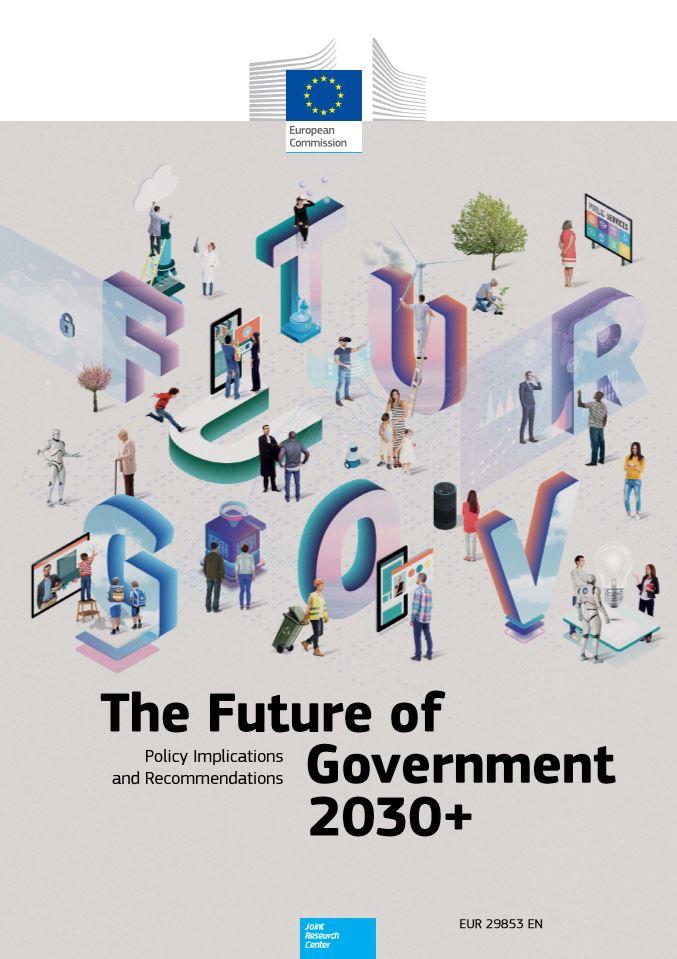Technological change is foreseen to have a remarkable impact in the way our societies are organised. The very bases of our models for political participation, governance and even democracy will undergo profound changes as new technologies are rolled out and taken up in Europe as well as in the rest of the world. So how do we make sure that these changes are positive for all? What role for policy-makers in ensuring that new technologies deliver value to citizens in a way that is transparent and accountable?

These are the questions at the core of the new Future Government 2030+ report. Building on the findings of the previous report “The Future of Government 2030+: A Citizen-Centric Perspective on New Government Models,” this study delves deeper into the connection between technology and governance, by delineating an extensive set of policy recommendations and implications.
Amid the ongoing debate on how to properly manage and regulate the digital transition, the insights of this report, based on interviews with experts and stakeholders, provide an extremely topical and interesting point of reference for policy-makers across all levels of governance as well as citizens and stakeholders. Three are the macro issues tackled: governance and policy-making mechanisms, issues related to specific policy sectors like education and transversal issues such as AI or data.
The related recommendations resonate perfectly with the priorities of our President-elect ona Europe fit for the digital ageanda new push for European democracy.They include essential elements to help us build our future actions on digital government and address foundational governance challenges of the modern online world. In this context, new participatory governance mechanisms are needed to raise citizens’ trust coupled with the creation of modular and adaptable public services.
At the same time, public administrations should be equipped with new skills through constant re-evaluation of public servants’ skills, foresight development, modernization of recruitment processes and more agile forms of work. Finally, policy-makers should focus on technologies’ public value and explore ways to use technology for more efficient policy-making, especially in the fields of AI and Big data.
The recommendations show clearly that the time is ripe for policy-makers, civil society and other stakeholders to discuss, engage and prepare for the future of our societies, in order to make sure that technology will contribute to transparency, inclusion and participation in future governance processes.
Do you want to read more? Clickhere!
- Inicie sessão para publicar comentários
Comentários
I wonder why there is no Empowered Security / Privacy by Design Scenario?
If you want trust in government, functional markets, cybersecurity and economic wellbing with focus on value-creation for citizens, such a scenario would be obvious.
Instead there is a naive emphasis on blockchain, BigData and AI.
Lack of knowledge of state-of-the-art?
- Inicie sessão para publicar comentários
Em resposta a I wonder why there is no por Stephan Engberg
Thank you for your comment.
The European Commission does not assume liability for the content of this report.
The creation of future scenarios and concepts derive from a highly participatory process including more than 150 citizens together with CSO, think tanks, business and public sector representatives, as well as 100 design students.
For more information we invite you to click here.
- Inicie sessão para publicar comentários

